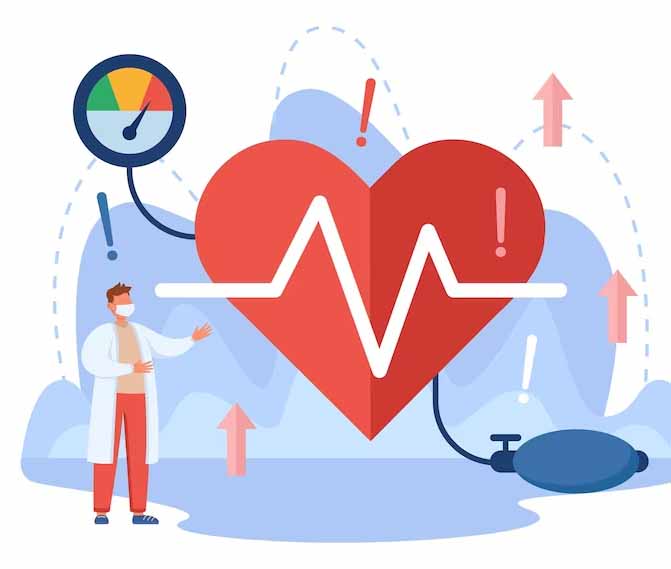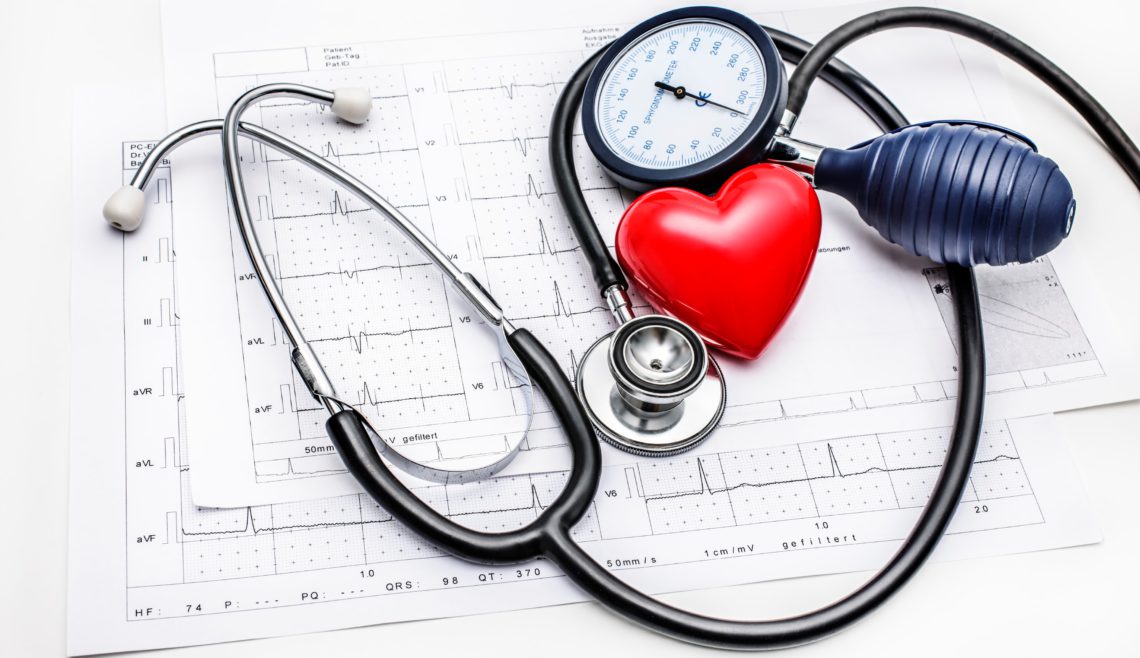In this article you will read:
- What is neuropathic blood pressure?
- What is the relationship between stress and blood pressure?
- What is the difference between nervous pressure and high blood pressure?
- Symptoms of nervous hypertension
- What are the causes of nervous hypertension?
- What are the complications of neuropathic hypertension?
- What is the treatment of neuropathic hypertension?
- What should we eat for high blood pressure?
- What things are harmful for blood pressure?
What is neuropathic blood pressure?
Nervous blood pressure is called blood pressure that is caused by high nervous and mental tensions. People who are severely under nervous pressure may develop nervous hypertension. Social tensions, family problems, stress, anxiety and pain caused by tension can be one of the factors that cause high blood pressure. This type of blood pressure is usually temporary and with the reduction of nervous tension, blood pressure returns to its normal state over time.
What is the relationship between stress and blood pressure?
Stress and blood pressure have a direct relationship and can increase blood pressure. When a person faces a stressful situation, the nervous system that is responsible for controlling the function of the heart and blood vessels is activated and causes an increase in blood pressure. This increase in blood pressure is not very significant, but if a person is under stress for a long time and is not properly managed, the blood pressure may increase significantly and lead to high blood pressure. As a solution, it is better to follow two stress reduction methods: regular physical exercise and breathing and relaxing methods.
What is the difference between nervous pressure and high blood pressure?
Hypertension (high blood pressure) and white coat hypertension (white coat hypertension) are different in terms of clinical symptoms and cognitive symptoms and investigations related to blood pressure.
High blood pressure means to have persistently high blood pressure in which the resting blood pressure is more than 90.140 mmHg. High blood pressure can cause side symptoms such as headache, fatigue and confusion in people. These conditions can cause damage to blood vessels, heart and other body organs.
Nervous hypertension also means having high blood pressure, but it is seen only in the environment of the doctor or medical centers. In general, in this situation, blood pressure is influenced by psychological and nervous factors, and it mainly shows people's concern about their health. This type of blood pressure mostly occurs due to the damage of ignoring stressful factors during the blood pressure measurement process in medical centers.
Symptoms of nervous hypertension
As a transient and temporary condition, neuropathic hypertension may not have any clinical symptoms, but some common symptoms that can be seen in people with neuropathic hypertension include:
Occurrence of severe headaches
nose bleeding
Being tired and confused
Disruption of vision and blurred vision
Occurrence of respiratory disorders
Irregular heart rhythm and increased number of beats
Having pain in the chest area
Seeing blood in the urine
Feeling of impact in the chest, neck and ears
causing contraction in the left ventricle
Excretion of sodium from the body
sweat
Tingling in hands and feet


Dr. Mohammad Eslami, clinical psychologist
PhD in psychology from a prestigious European university
Psychosomatic diseases fellowship
Licensed by Iran’s psychology system
Member of the Iranian Psychological Association
What are the causes of nervous hypertension?
The cause of neuropathic hypertension is not yet known, but there are various hypotheses in this field. Some theories include:
Mental stress: Some people who work in stressful situations and basic tension may be exposed to nervous blood pressure.
Genetics: In some studies, it seems that some people may be more susceptible to neurologic hypertension due to genetics.
Mental stress: Some studies show that mental stress can be the cause of increased nervous blood pressure.
Negative self-concept and stress: Some people who have negative self-concept and stress are likely to be more prone to neurotic hypertension.
High prevalence of caffeine: high consumption of drinks that contain caffeine may cause an increase in nervous blood pressure.
Age and gender: researches show that nervous blood pressure is more in men and in people over 60 years old with the prevalence of blood pressure type.
What are the complications of neuropathic hypertension?
Nervous hypertension is generally not a serious and dangerous problem and does not have many complications, so it is seen mostly for patients who are concerned about lowering blood pressure in order to perform tests in the medical environment. However, if a person has other problems that cause increased neuropathic blood pressure, complications may occur, including:
- Increase in cardiovascular diseases, and arterial problems such as heart failure, heart attack and increase the risk of their occurrence.
- Increased risk of kidney problems, for example kidney failure or severe failure.
- Increased risk of orientation problems, dizziness, imbalance and other neurological symptoms.
- Increased risk of developing eye diseases, such as diabetic retinopathy, which impairs vision.
- Damage to lower blood vessels and other coronary symptoms in some people who have high blood pressure due to mental stress.
What is the treatment of neuropathic hypertension?
In general, the treatment of neuropathic hypertension includes lifestyle changes and in some cases medication. In the following, we will mention some of the treatment methods for nervous blood pressure:
- Lifestyle changes: Factors such as proper nutrition, regular activity and exercise, reducing sodium intake, reducing alcohol and tobacco consumption, and managing stress can help control hypertension.
- Medications: Depending on the severity and frequency of neuropathic hypertension, the doctor may prescribe a medication to try to lower the blood pressure. In some cases, of course, medication is not required.
- Stress management techniques: including deep breathing exercises and stimulation and eye contact steps.
- Psychological techniques: techniques such as cognitive behavioral therapy and yoga and meditation exercises can help control stress and nervous blood pressure.
Cognitive behavioral therapy
It is one of the most famous treatment methods in psychology. In this method, the person undergoing treatment is taught how to identify and deal with his destructive thoughts and habits.
What should we eat for high blood pressure?
Some of the nutrition that can be useful in controlling nervous blood pressure include:
- Consumption of low-salt foods such as vegetables, dried fruits and greens such as leeks, spinach and avocado.
- Eating low-fat foods, such as fish, chicken, and low-fat ground meat.
- Consuming food containing high potassium such as bananas, cherries, peaches, avocados, garlic and tomatoes.
- Consuming foods containing magnesium, such as pine nuts, almonds, carrots, dill, spinach and broccoli.
- Consuming foods containing folic acid such as beans, pumpkin, tartare vegetables, lettuce and broccoli.
- Cut back on alcohol, coffee, and other caffeinated beverages. Also, avoid processed products and foods with the highest salt content. Finally, regular and correct consumption, even in small amounts, is one of the most important ways to control nervous blood pressure.
What things are harmful for blood pressure?
Consumption of some substances and factors can increase blood pressure and it can be harmful for people who are facing high blood pressure. Some of these materials and agents include:
- Salt: Too much salt can raise blood pressure and is harmful for people who struggle with high blood pressure.
- Alkaline drinks: excessive consumption of alkaline drinks can increase blood pressure.
- Alcohol: Drinking too much alcohol can temporarily increase blood pressure and may have side effects, but in general, drinking alcohol in moderation may not be a problem.
- Caffeine: Drinking too much caffeinated beverages, such as tea and coffee, may increase blood pressure.
- Sweets and chocolate: excessive consumption of sweets and chocolate may lead to an increase in blood pressure.
- Smoking: Smokers usually have high blood pressure and smoking may increase their blood pressure.


